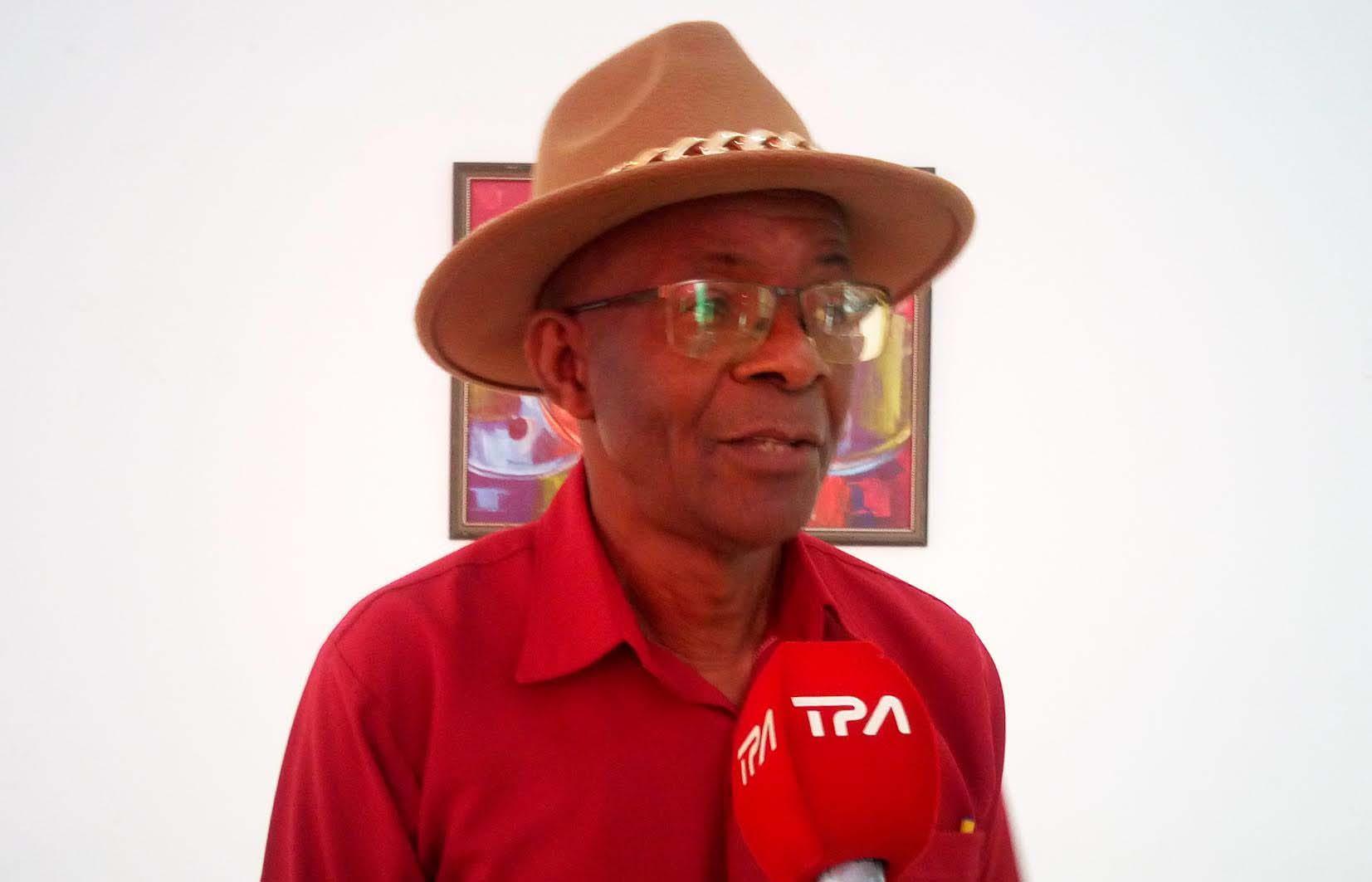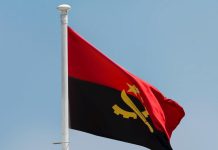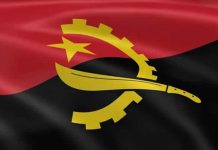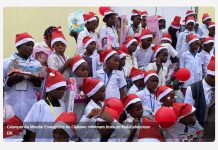Africa-Press – Angola. The King of Huambo, Artur Moço, appealed Wednesday, to youth to participate, more actively, in preserving the cultural identity of the people of the Central Plateau, with a focus on revitalizing habits and customs.
The sovereign was speaking on the sidelines of the “Eyele lyo fela iwa” (Good Winds, in Umbundu) festival, a traditional practice that has been held every year, on the 20th of September, since ancient times.
He suggested the creation of historical manuals with themes focused on political foundations, social, economic and religious factors and anthropological values, so that the new generation has the basis to preserve and review these historical values.
Therefore, Artur Moço expressed the availability of oral sources of ombala in the transmission of knowledge in books, for a better preservation of habits and customs.
“We didn’t have much time to study, but we have oral knowledge and lived experiences about history and cultural heritage, which we want to be put into teaching manuals, to serve current and future generations”, he said, before members of the Government of Huambo and local administration.
In turn, the director of the Culture, Tourism, Youth and Sports office in the province of Huambo, Jeremias Piedade Chissanga, announced, soon, the sponsorship of literary initiatives focused on the production of books on the political and anthropological evolution of this region.
The initiative, he said, aims to rescue cultural values and local identity, with emphasis on the figure of Otchinganji, as a cultural component of the Ovimbundu tradition, the typical dances and songs, gastronomy and other traditional elements that characterize them.
The “Eyele lyo fela iwa” festival allows the invocation and blessing of ancestors for the success of all activities that take place in the province of Huambo during the year, as well as giving thanks for all actions carried out during the same previous period in the community.
The rituals of the ceremony serve to thank the abundance of rain that falls regularly every month, for the success of the agricultural harvest and for the health of the community, including the fertility rate, and to envisage the same luck for the following year.
The Bons Ventos festival has great meaning for the life of the traditional community, as it translates into the joy of the people, a joy with many meanings for traditional authorities and beyond.
The moment also serves as an exchange of experience between different kingdoms, as well as knowledge between traditional power and the administrative institutions of the State, to see if society can walk hand in hand towards achieving the well-being of the population.
The highlight of “Eyele lyo fela iwa” is the visit to the “etambo” – sanctuary – where the skulls of former sovereigns are placed, as well as the cemetery where their bodies rest.
Ombala, located in the town of Samissasa, is considered the capital of the traditional power of the Kingdom of Huambo, considered the former capital of the city with the same name, because it is from there where the first Portuguese to arrive in this region of the country were concentrated. , at the time of the colonial occupation struggle and only later did the city evolve into the Rua do Comércio neighborhood, along the railway line.
For More News And Analysis About Angola Follow Africa-Press






